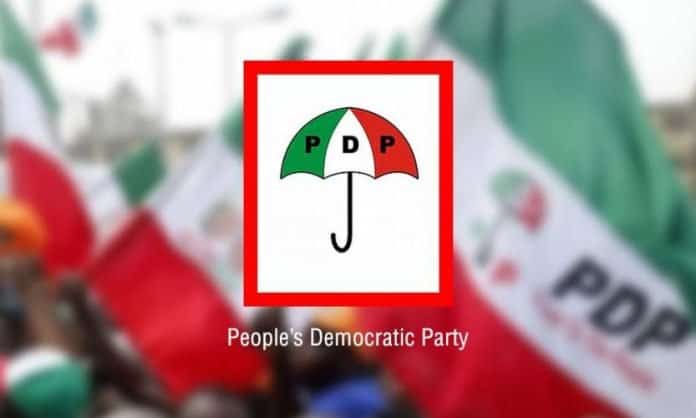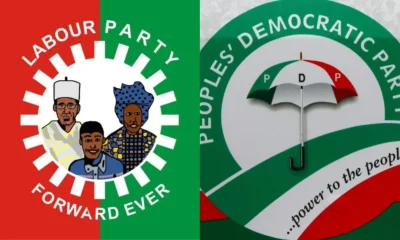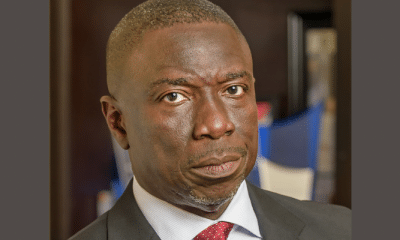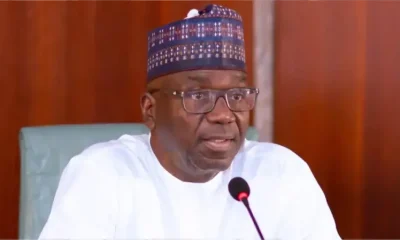Politics
Anti-Social Media Bill: PDP Tells Nigerian What To Do To Buhari’s Government

The Peoples Democratic Party (PDP) has called on Nigerians to unite against moves to pass the obnoxious anti-social media bill by the National Assembly.
Naija News Understands that mian opposition party made the call earlier today as the Senate, began a public hearing on the bill.
In a statement by its National Publicity Secretary, Kola Ologbondiyan, PDP called on Nigerians to eschew all political, sectional and religious differences and stand in unity against the bill.
It added that that anti-social media bill was “designed to suppress and silence the people, emasculate institutions of democracy, particularly the media, take away the constitutionally guaranteed freedom of speech of citizens and turn them into conquered people without a voice, in their own country.
“It is clear that this bill is part of the anti-democratic moves to further emasculate the 1999 Constitution (as amended) ostensibly as a prelude to foisting a full totalitarianism in our country, where citizens will no longer have the right to freely hold or support opinions.”
According to the statement, the reason for the bill is to suppress dissenting voices from criticizing the APC-led Federal Government, which it described as incompetent and corrupt.
“The frenzy to pass this bill further exposes the intolerance of the Buhari-led administration as well as the desperation to cover its atrocities for which it is mortally afraid of public criticisms,” PDP added.
Here is the Party’s tweet about the bill bellow
PDP Urges Nigerians To Resist Anti-Social Media Bill In Senate
The @OfficialPDPNig has called on Nigerians, including the media, organized civil society and all pro-democracy groups to unite against moves to pass the obnoxious anti-social media bill at the @nassnigeria. pic.twitter.com/Zi26IzLt7y
— Official PDP Nigeria (@OfficialPDPNig) March 9, 2020
The party expressed worry that the senate listed the bill for second reading even when Nigerians across board had rejected it.
It noted that Nigeria already has appropriate laws guiding the boundaries of free speech and opinion, which the authorities could enforce within the ambits of constitutional provisions, in the case of any violation.












